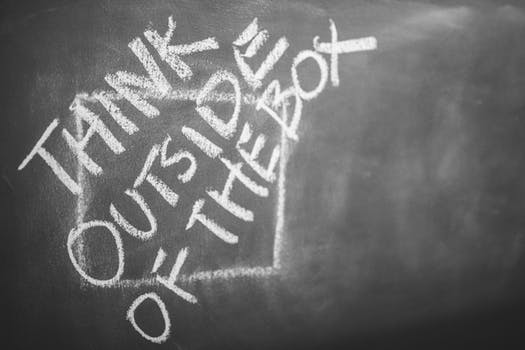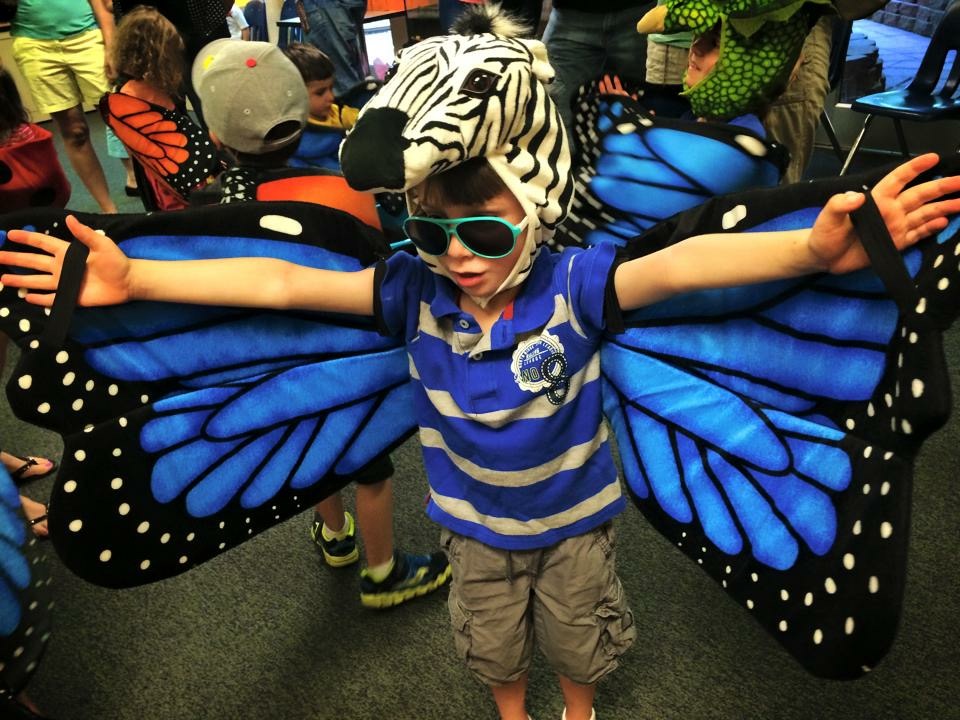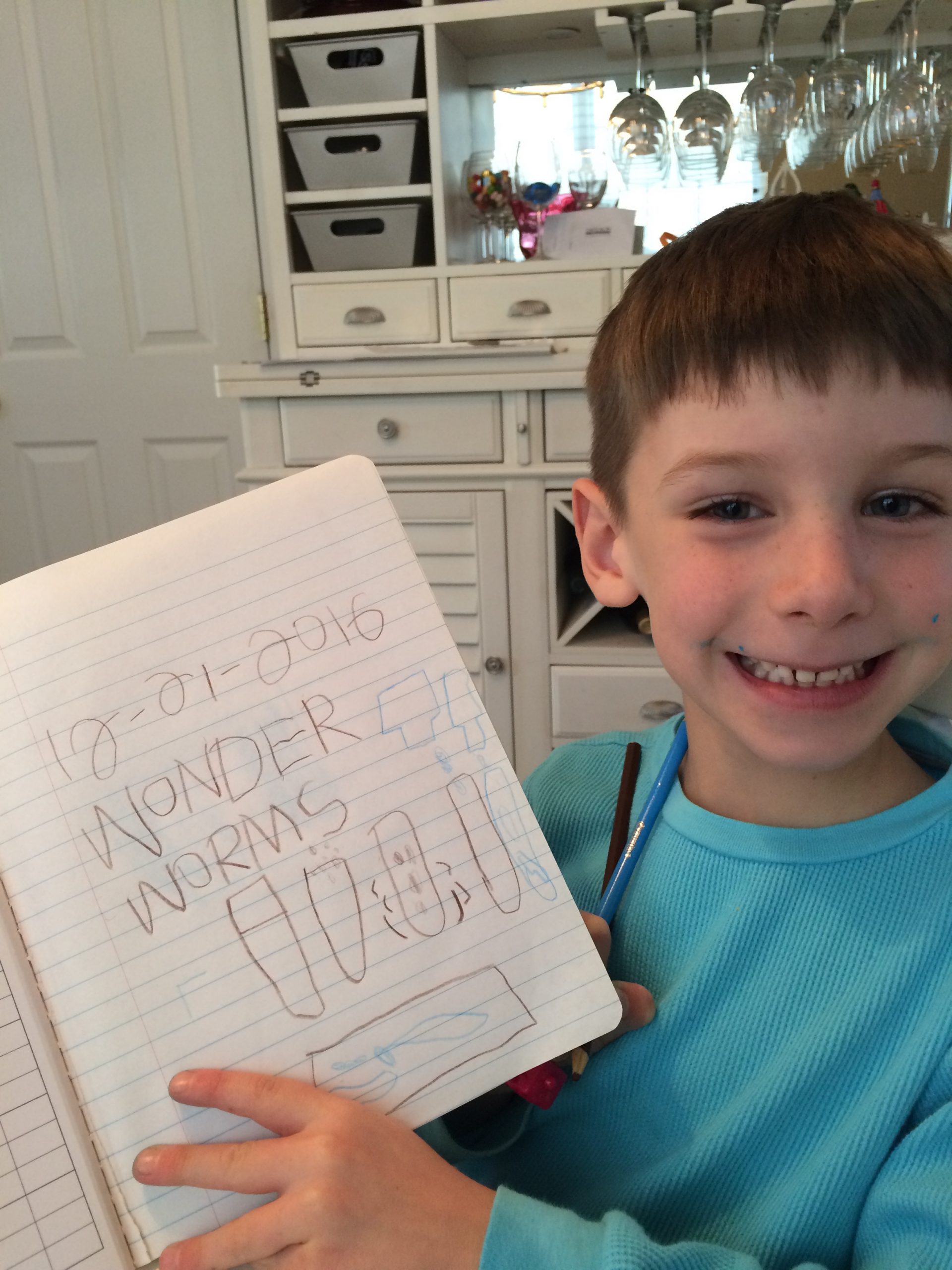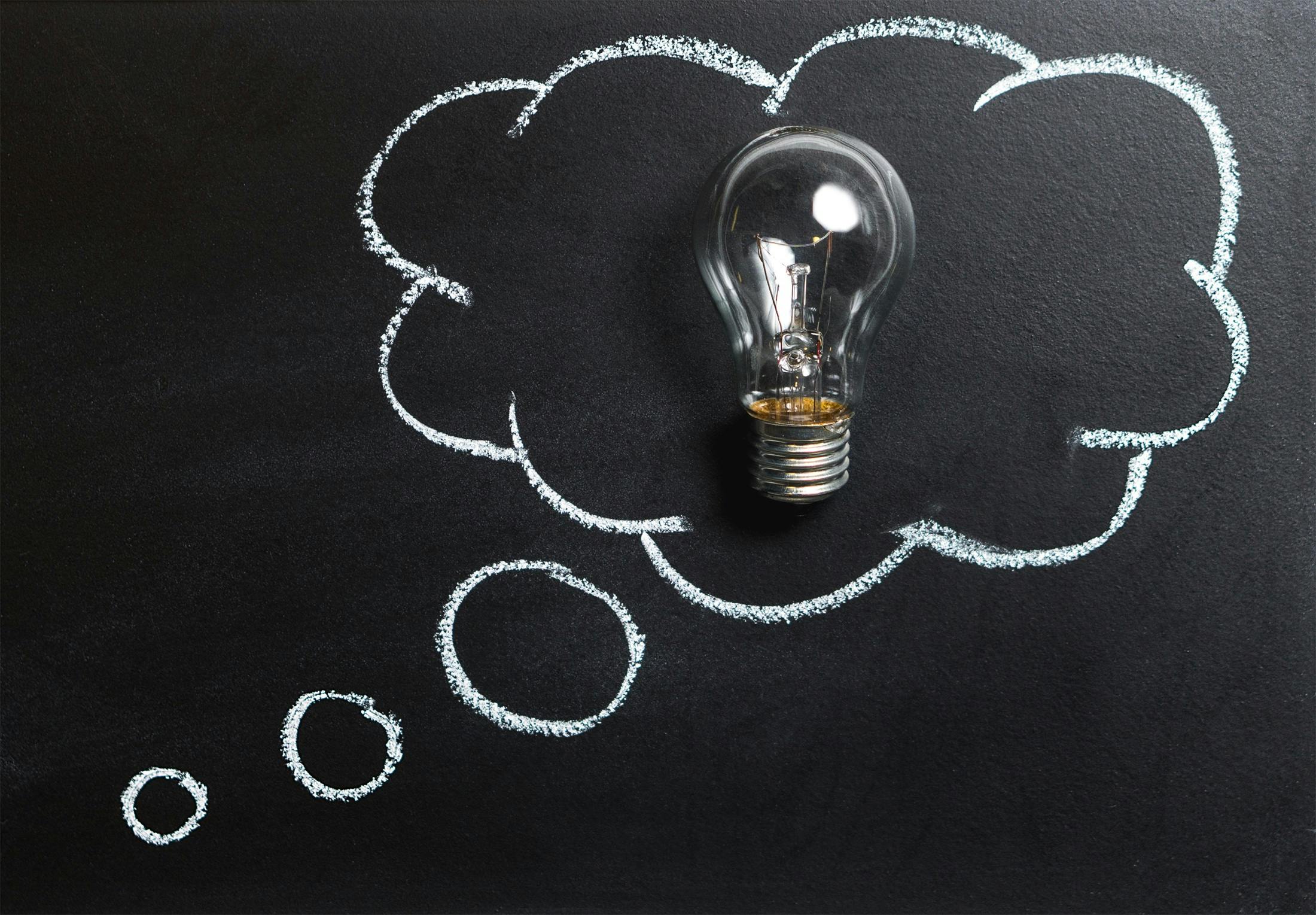Rigorous learning does not mean more assignments. It means assignments are in-depth. Simply put, quality assignments, not quantity. Today, it is most important to move to higher standards. Schools must expect more of teachers and students. Remote learning must be more complex.
Most educators agree that rigor is important. However, most educators think they know what rigor looks like. In rigorous assignments, students make meaning and give structure to situations. Lessons are designed to have students develop critical thinking skills.
- They make students think accurately and clearly.
- Also, they see there are various meanings to situations or problems.
- Form a position on a subject and engage in an inquiry approach to solve a problem.
- Develop their own evaluations of their learning and make adjustments as the need arises.
- Finally, students develop to tolerate uncertainty.
Rigorous Development
Administrators and teachers can develop rigorous plans to help students.
- First and foremost, teachers need ongoing professional development. They need to expand their knowledge of creative lessons. Teachers must have time to collaborate with other teachers to develop their methods of teaching and learning. Therefore, teachers can aid students to succeed in remote learning.
- Inquiry-based learning provides students with a chance to explore the questions and challenges they have with real-world problems.
- Compare synchronous and asynchronous activities with other students.
- Use additional technology and tools for complex learning lessons.
The use of more rigorous activities lessens the use of worksheets and additional homework. Thus, less work for teachers. Also, along with rigor comes relevance. Students must understand the relevance of assignments. So, the assignments must coordinate with the content. Additionally, they must connect to the world of the student. Lastly, they need to be in the interest of the student.
Overall, rigor is the quality of instruction. It goes beyond memorization, conceptual understanding, or simple skill-building. It entwines previous learning to new learning. Rigor gives students a chance to make meaning to the learning.




